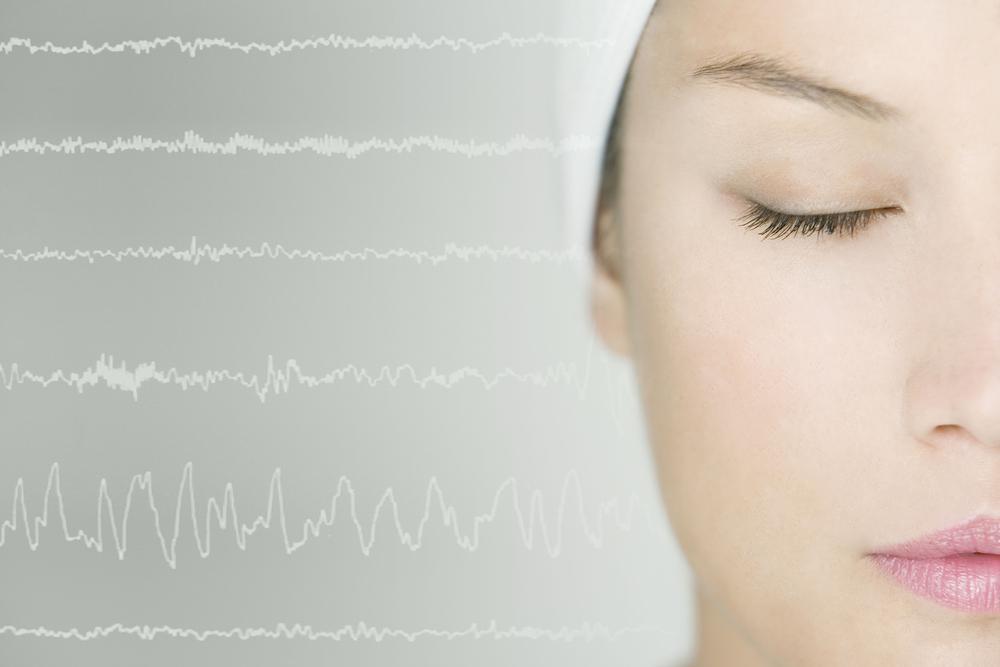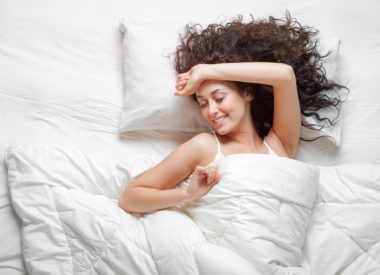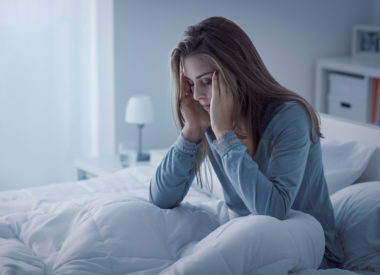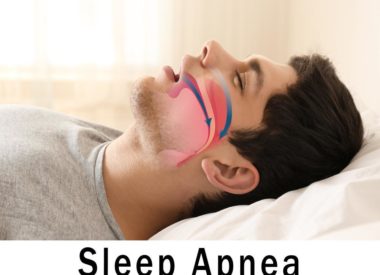FAST FACTS: First Night Effect and the Sleep Study
Have you ever wondered if, during your sleep study, you might sleep differently than normal?
Maybe you can’t sleep at all, or your sleep seems shallow and not adequate enough for the test to be an accurate portrait of your sleep health?
If so, wouldn’t these factors and variables contaminate or invalidate the results of your sleep study?
What you are imagining is actually a valid concern.
It’s called First Night Effect, and it’s the source of ongoing debates among sleep researchers.
What is First Night Effect?
This is the term used to define differences in sleeping behaviors and sleep architecture for a person who is sleeping in an unfamiliar place (in this case, a sleep clinic for an overnight study). Patients can experience insomnia, increased awakenings, anxiety, and less efficient overall sleep.
Does First Night Effect influence sleep study results?
Yes and No. Controversy has always surrounded the interpretation of sleep studies when considering the potential presence of First Night Effect as a possible influence over polysomnogram results.
Yes: Recent studies of First Night Effect have shown that there are measurable differences in stage 3 sleep for patients during their sleep studies when compared to follow-up sleep studies conducted a week later.
No: Sleep specialists understand that First Night Effect is always a possibility and keep this in mind when interpreting results. Studies in 2006, of children undergoing polysomnography to identify suspected sleep apnea, found that First Night Effect had no impact on their respiratory test results, for instance.
Ultimately, for the majority of patients participating in an overnight sleep study in the laboratory environment, the data collected will still be both adequate and accurate enough to identify most sleep disorders, which is the main goal for both the doctor and the patient.
Remember, a sleep disorder diagnosis takes multiple sources of information into consideration, including patient complaints, witnessed events from bed partners, worrisome vital signs, preexisting health conditions like diabetes, medication interactions, and a host of other factors which are helpful in identifying sleep disorders.



